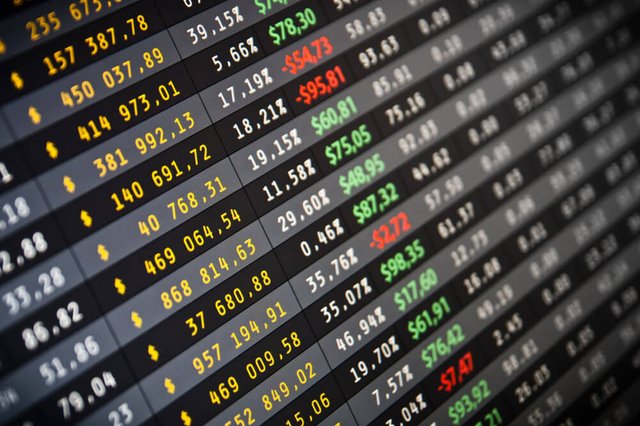Blockchain technology and supply chain
Across the world, SMEs accounts for more than 90% of the number of companies, they are the major source of job creation, innovation and the most active element in the development of the real economy, however they usually have difficulties to access to the funding or to the less expensive debt capital. For instance, 40% of the Chinese SMEs’ loan applications have been rejected by the mainstream financial system, there was a huge funding gap which is around 1,900 billion USD.
Supply chain finance covers both the upstream and downstream SMEs around the core enterprises. It needs the support of commercial banks, manufacture companies, logistics companies, as well as IT companies and Fintech companies. Due to the complexity and lack of transparency of current supply chain, the supply chain is broken is several ways. It is highly inefficient and the SMEs are not able to leverage their historical data to apply a credit in the bank.

The blockchain technology is capable of transform the supply chain and logistics sector.
The underlying technology of Bitcoin, Blockchain is essentially a distributed ledger. It has many applications and can be used for many exchange, agreements or contracts, tracking and payments. This technology will reduce the risks and costs of acquiring credit, because the information is stored in a secure and tamper-resistant manner on the chain, the data between multiple institutions can be synchronized in real time.
In the supply chain, there are often multiple layers of supply and sales relationships. However, in the supply chain finance, the first-tier suppliers and distributors often get more favorable credit terms, while the financial needs of other SMEs are not met. The blockchain can open up the transaction relationships between the various tiers, thereby it allows the credit transfer of remote companies that do not have direct transactions with core enterprises, and integrates them in the supply chain finance.
In addition to the information storage, blockchain also provides consensus, in other words, the transactions between suppliers and buyers are stipulated in the smart contract, everyone on the blockchain can see the chain of the ownership, records cannot be deleted which are important for a transparent supply chain. Smart contracts are automatically executed without the human involvement, thereby reduce operational errors.
Supply chain finance is one of the many potential applications of blockchain, there is no need to say that this technology will disrupt the world, create more benefits for the humanity, especially in the financial sector. As individual, we shall embrace this upcoming trends and explore the opportunity of a better future.
OneChain dApp is an excellent product to learn, to use and to experience the blockchain technology. It is a all-in-one crypto dApp with four main features: decentralized chat, thunder transfer, crypto exchange and universal wallet. As our engineer team updates our app, more functions will be added in the future, so far almost all the the feedback we receive is positive.
Please download here: http://app.onechain.one/appstart_en.html